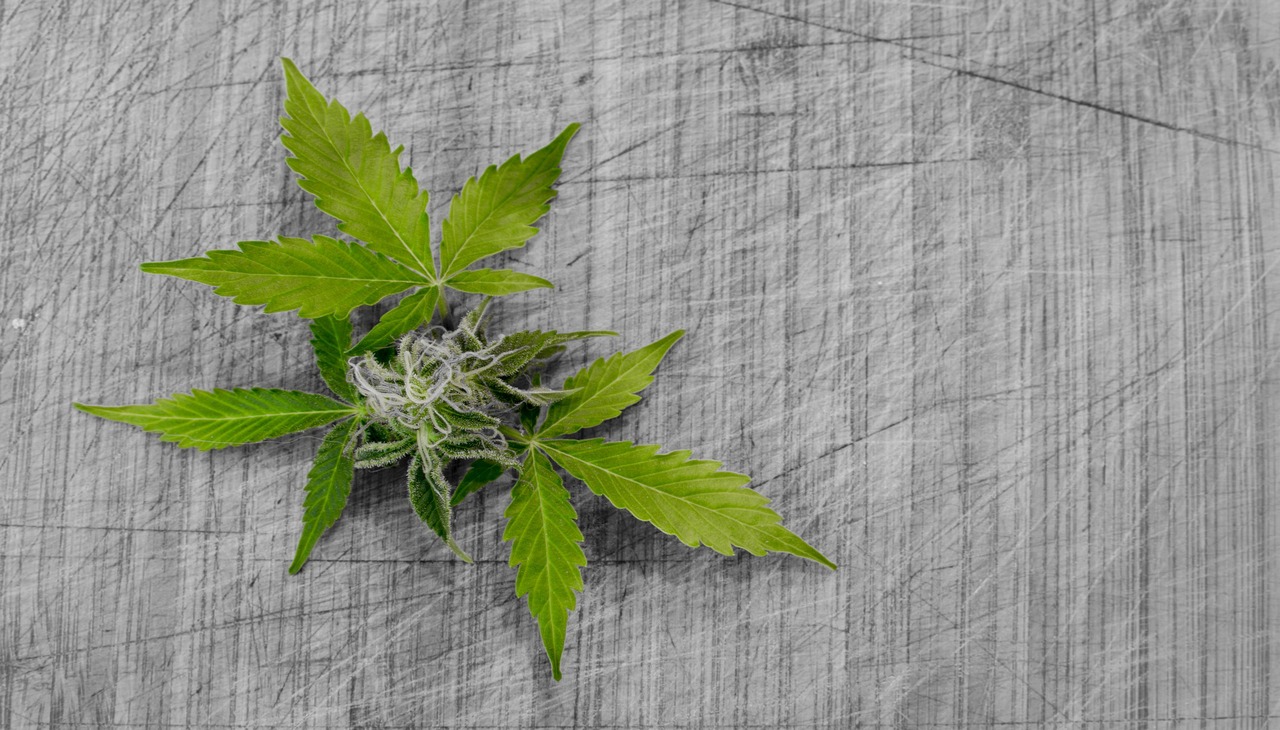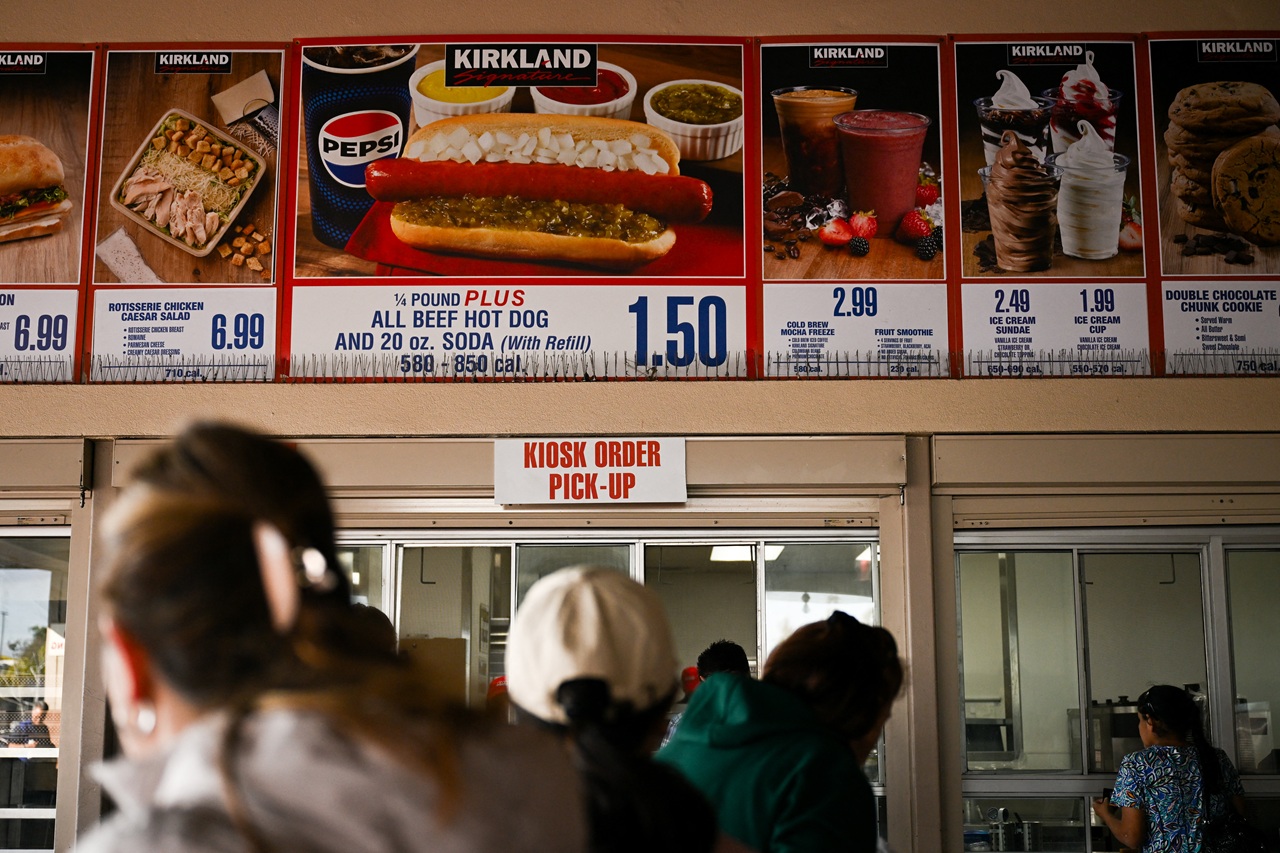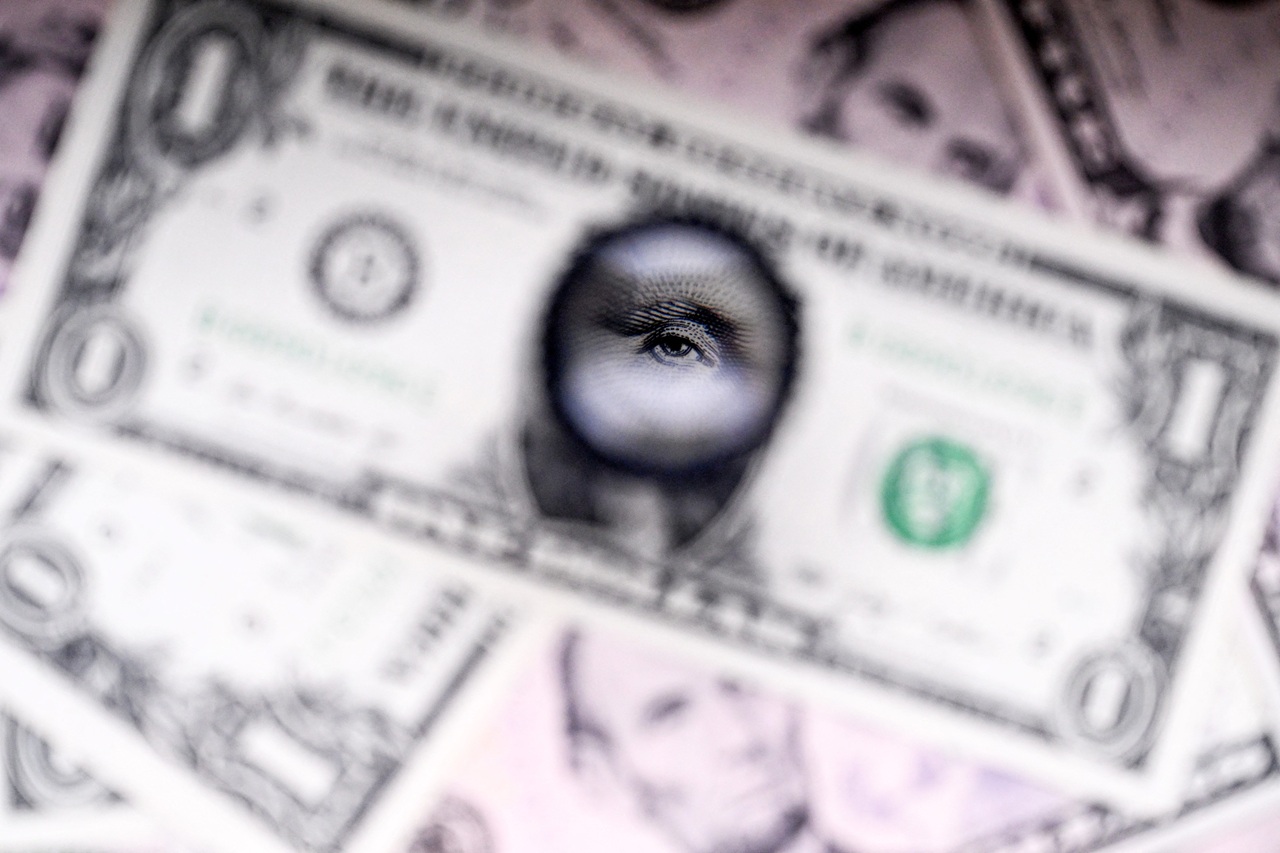
Weed entrepreneurs and their battle to sell in New York
While state regulators define who is eligible to receive an official sales license, many are taking advantage of the legal vacuum.
After New York state legalized the possession of marijuana for any citizen over 21 years of age on March 31, 2021, the lack of a regulation created a Wild West of entrepreneurs out to score it big in the new industry.
You can also read: Some PA Cannabis Companies Found to Have Misleading Information on Websites
The Marijuana Tax and Regulation Act has allowed a makeshift recreational cannabis trade to develop in New York City, which also has a restrictive medical market. The opportunity, unique for some entrepreneurs in the Big Apple, has been used as part of a growing industry with projections exceeding $4 billion when it goes public in five years.
This “gray market,” as it is considered by many in the absence of a clear regulations, has allowed at least a dozen stores to operate in the city using different distribution strategies, such as offering gift cards, accepting donations that can be exchanged for cannabis products. Some seek dispensary status and an official license, while others are simply looking to earn quick money with aggressive street sales in places like Times Square.

Lenore Elfand, one of these dealers, told Forbes magazine how the "big fish" in state after state take control of the marijuana market, leaving small players no chance.
We decided to go ahead because we don't have a chance, but we deserve it. We have had years of injustice.
For now, as long as those who operate in this "gray market" do not feel persecuted, New York will continue to see examples of these type of entrepreneurs who, throughout the city, will continue to offer these products. A prime example is 'The Green Truck,' a company that, utilizes six school bus-looking vehicles to sell its cannabis.
What does the law say?
To marijuana regulators in New York, all of these dispensaries are considered illegal and unlicensed.
In early February 2022, cease and desist letters were sent to many operators by the New York State Office of Cannabis Management, warning them that if they continued their operation, they would not be eligible for a license and could face criminal charges.
For her part, Tremaine Wright, president of the Cannabis Control Board, indicated that “offenders must stop their activity immediately or face the consequences,” warning that the products they sell are neither safe nor proven.
There is no gray market in New York State. This conduct is not legal and must stop. People who fail to do so run the risk of severe financial penalties.
Specifically, the law says that “legal, licensed, and taxed sales can begin only after the state passes regulations governing those sales and the businesses that make them. Dispensaries on Native American reservations are the only exception to that rule.”
RELATED CONTENT
One of the largest markets in the U.S.
The struggle of these entrepreneurs is not fortuitous. New York is expected to become the second largest recreational marijuana market in the country, after California, a state where nearly $4 billion in valuation was reached in 2021 in a period of nine months.
Despite 36 states already legalizing cannabis for medicinal use, recreational use or both, the majority of sales in the United States are still on the illegal market. In 2021, according to an investigation by the firm Cowen, that is quoted in Forbes, of the $72 billion total reached by the market, 65% was obtained in unauthorized sales.
This dynamic, according to Cowen analysts, would change in by 2026, as it is estimated that by then legal sales will constitute the largest part of the market, reaching figures by 2030 that may exceed $100 billion.

It is important to underline that this phenomenon is not exclusive to the marijuana industry and its regulations. Highly-regulated industries, such as tobacco, also have a "gray market" that takes advantage of high official costs, especially driven by high taxes. According to official data, around 5% of sales of these products are illegal and evade tax obligations.
Companies like Curaleaf earned $889 million in revenue during the first three quarters of 2021, while Green Thumb Industries reached $650 million during the same period.
Gray Area
The problem of illegal cannabis sales is not exclusive to New York and practically all states are adapting to these dynamics. In California, for example, high taxes (40%) have allowed a black market to flourish in which legal operators are often forced to move between official trade and unlicensed sales to find success.











LEAVE A COMMENT: